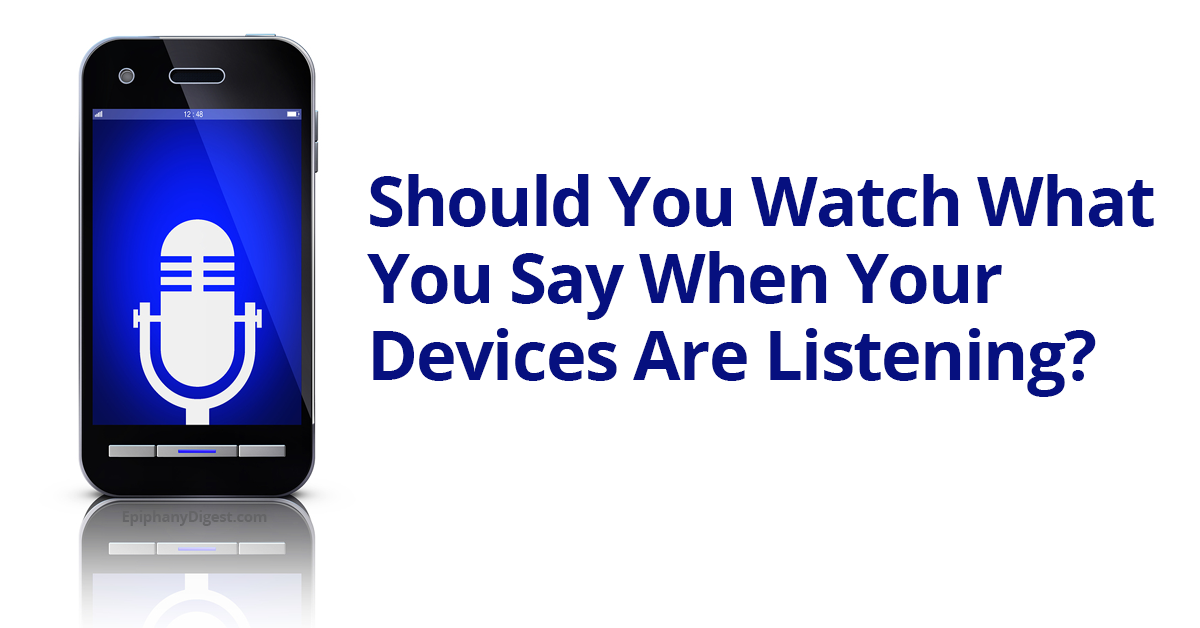A post (warning: offensive language) made it to the top of the /r/technology subreddit on reddit.com today that highlighted a disturbing statement from the Samsung Smart TV Privacy Policy:
Please be aware that if your spoken words include personal or other sensitive information, that information will be among the data captured and transmitted to a third party through your use of Voice Recognition.
For the record, I don’t own a Samsung Smart TV. And this sentence doesn’t say anything that any of us wouldn’t have guessed… had we thought about it.
But… how many devices do we own today that are listening all the time? And exactly how much of what we say is being recorded and sent to 3rd parties for “voice recognition?”1
I can think of a handful of other devices which are actively listening all the time and are often found in our homes (like the Xbox One / Kinect) or even on our persons (e.g. Google Now on Android — “OK Google” anyone?) and in newer automobiles.
Samsung’s privacy policy is the first instance I can think of wherein I’ve actually read a warning that your “personal” or “sensitive” information may actually be leaking to 3rd parties.
Unnecessary Cause for Alarm?
I would imagine that the bulk of information being transmitted out of our living rooms via Samsung TVs is largely uninteresting to anyone.
But what are the policies that govern the storage (long term or short term) of this data? How sophisticated are the tools that interpret speech? Are transcripts of this speech stored separately or together with audio recordings?
What government agencies have or will gain access to either audio recordings or speech transcripts?
Perhaps the data doesn’t get stored by anyone for any longer than it takes to decide if you’ve issued a command to your device. And maybe there is no reason to even question what happens to all of the information scooped up by these listening devices.
I don’t want to sound like a conspiratorial alarmist. But on the other hand, maybe keeping some tinfoil close by isn’t such a bad idea…
Photo Credit: frank peters via BigStock
1Geek moment: “voice recognition” is likely a misnomer. It is quite commonly and quite incorrectly used to refer to technologies that recognize speech. True “voice” recognition is a much different technology than “speech” recognition, and involves identifying who the speaker is rather than what he or she is saying. If Samsung or its 3rd-party vendor does have “voice” recognition, that’s a completely different cause for alarm.


Should you watch what you say when your Smart TV or smartphone is listening? http://www.epiphanydigest.com/2015/02/05/privacy-implications-listening-devices/ #privacy
Apparently Samsung thinks we should be aware of what their Smart TVs are hearing… http://www.epiphanydigest.com/2015/02/05/privacy-implications-listening-devices/ #YourTVIsListening #privacy
Great post David. We have the same concerns here in the Apple camp with “Hey SIRI”.
Your article helped me a lot, is there any more related content? Thanks! https://accounts.binance.com/pt-PT/register?ref=DB40ITMB